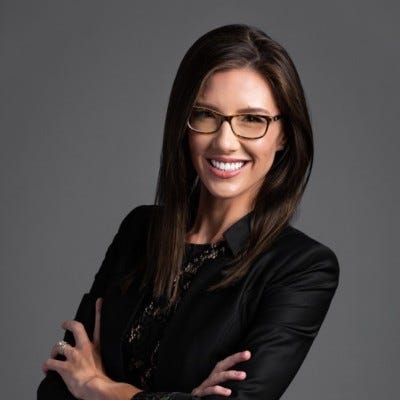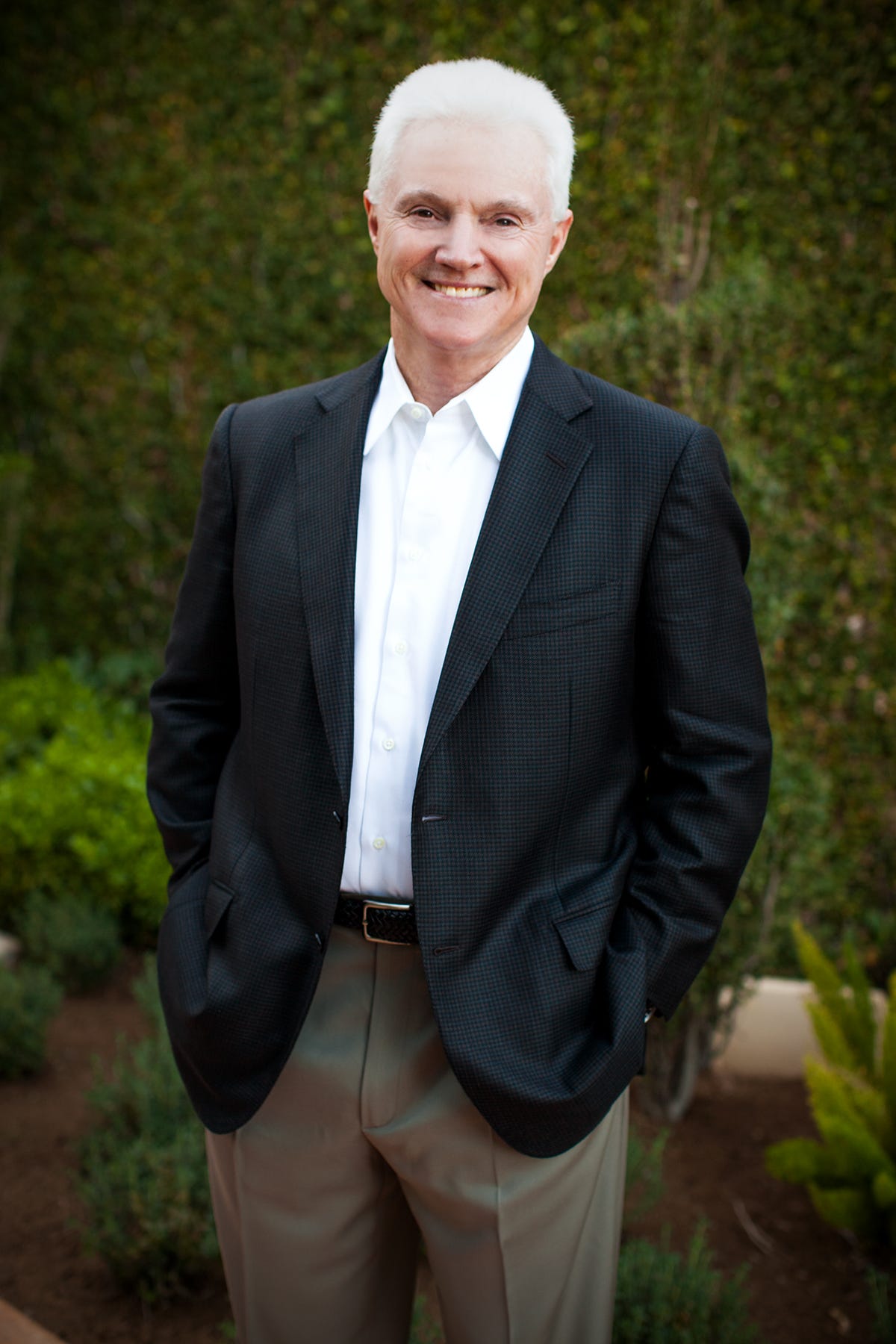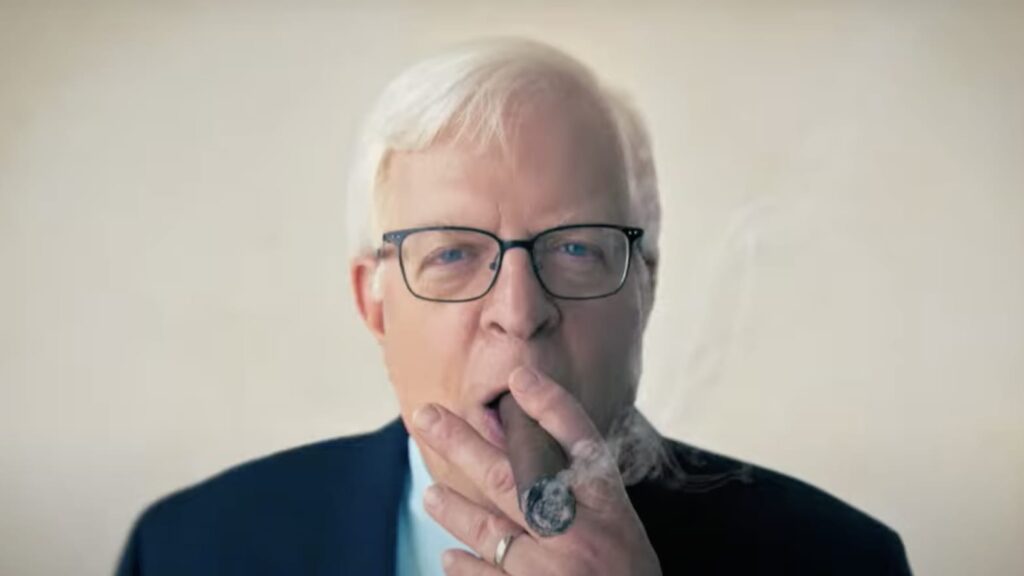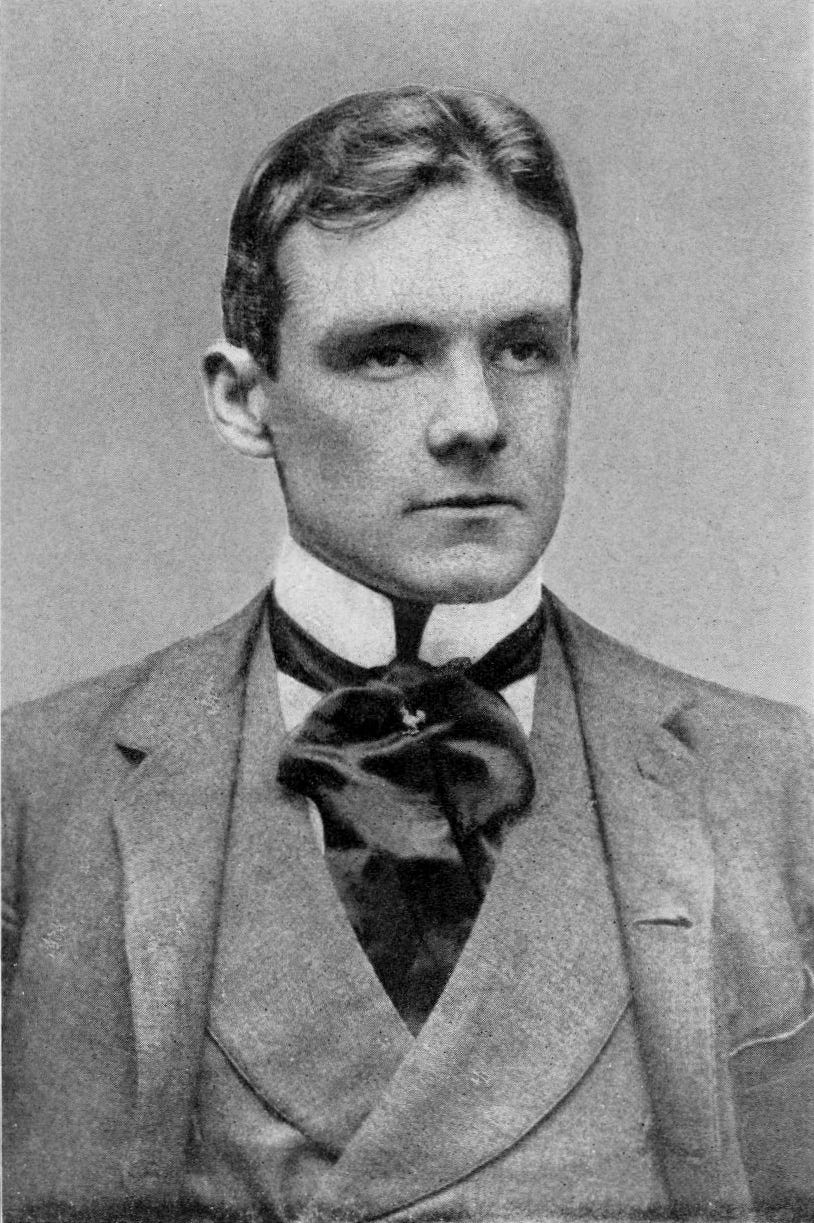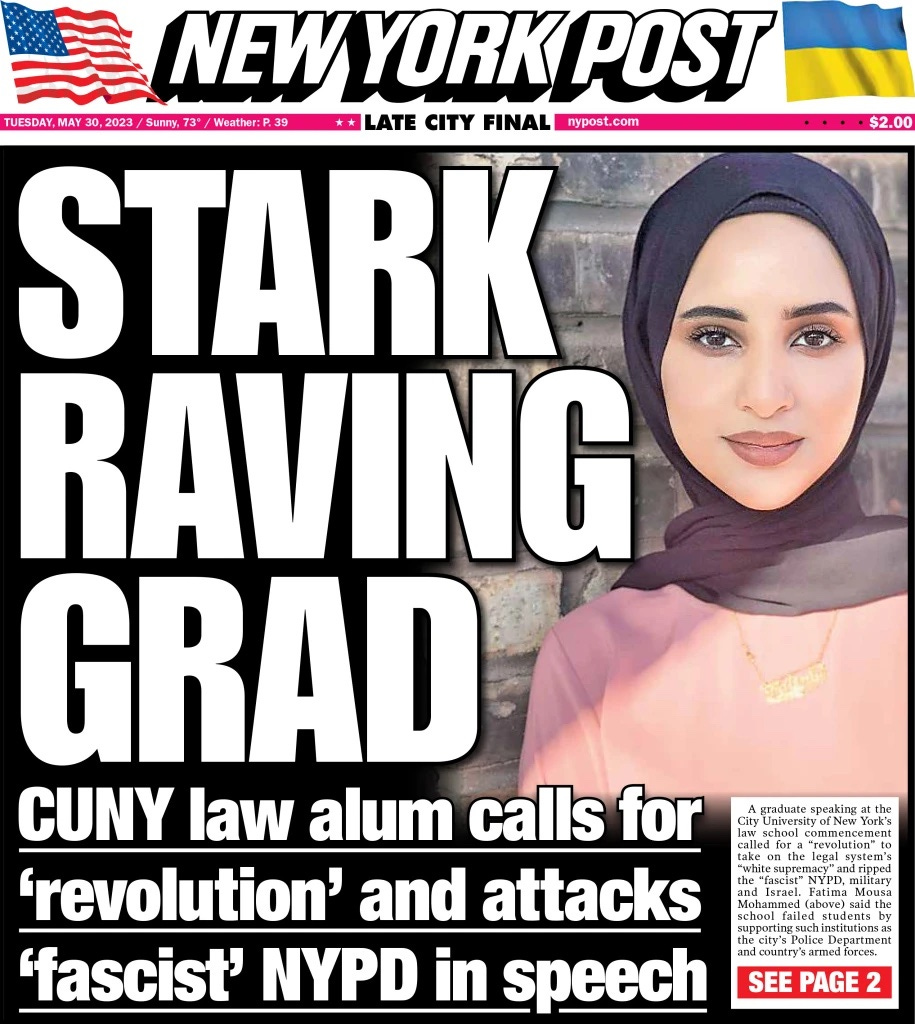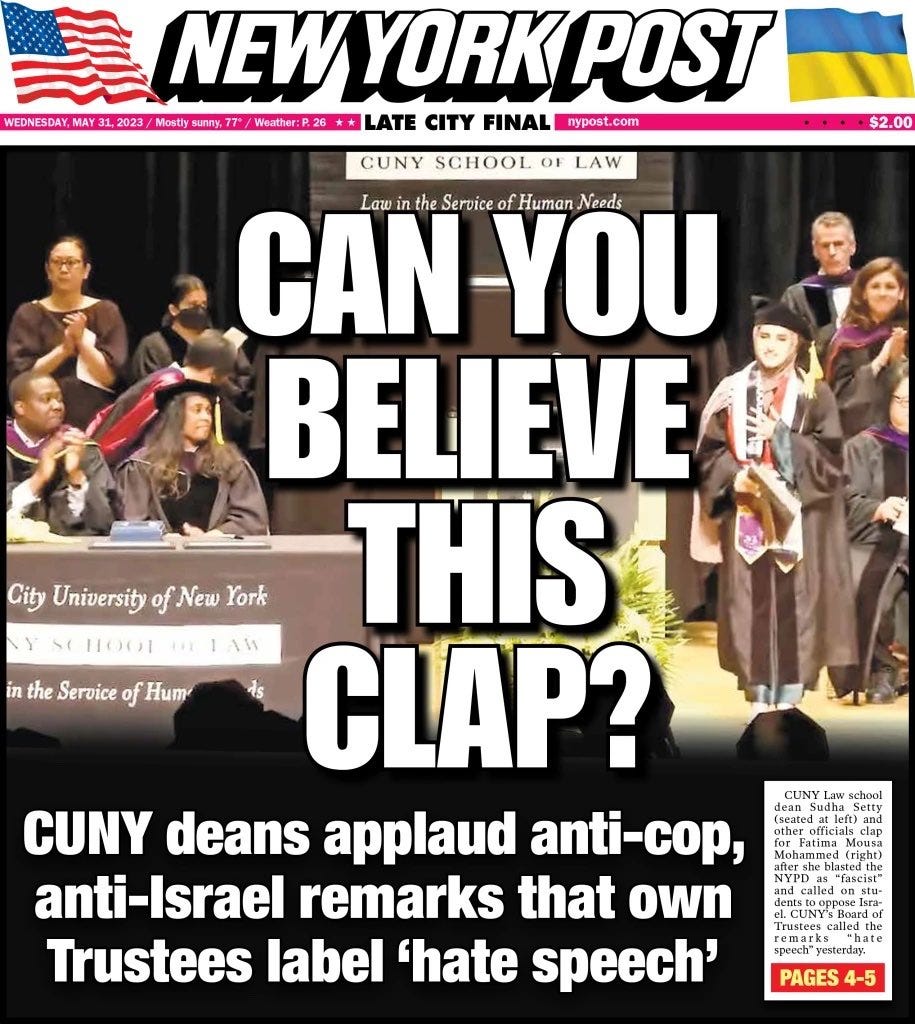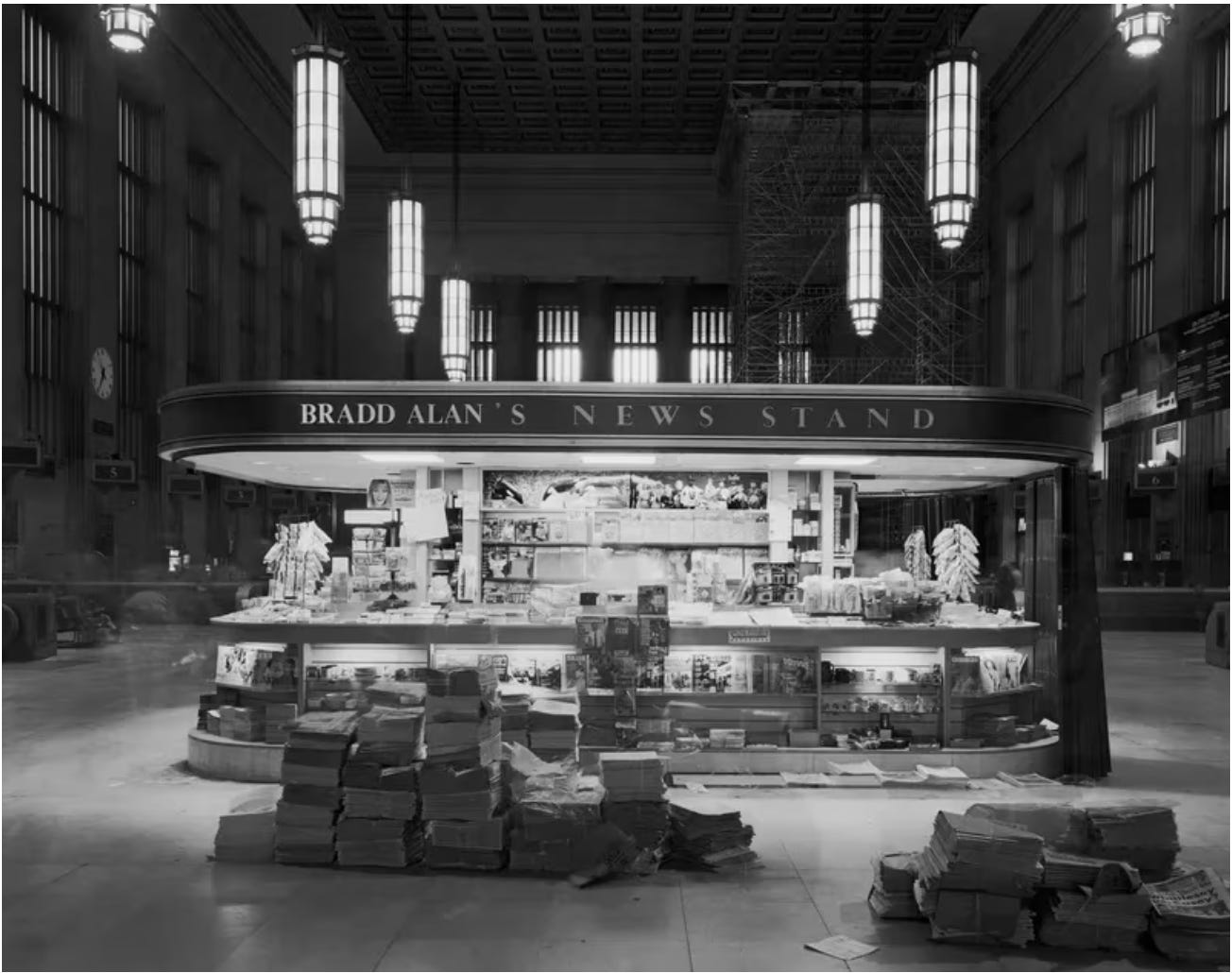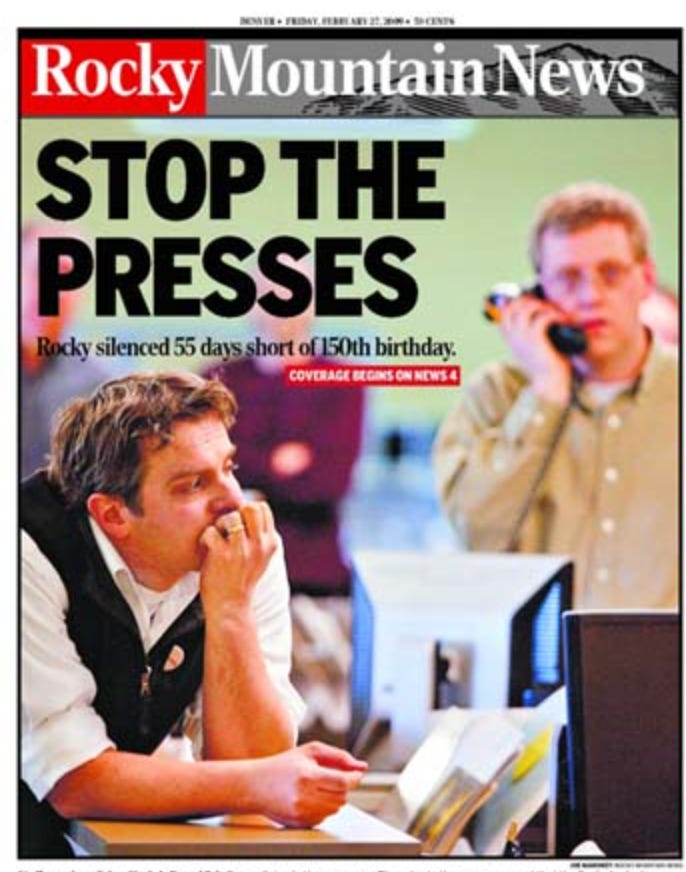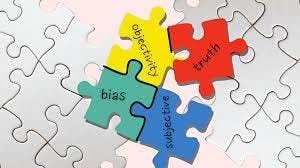For a couple weeks, I’ve been visiting a small town in southern Germany, Filderstadt Bonlanden, a short drive from Stuttgart. With its hilly and winding narrow roads, red-roofed village homes and larger buildings that date back several centuries, it’s idyllic.
It’s a perfect place, it seems, for Donna and me to usher into the world our eighth grandchild, born in a hospital nearby on July 24. This angelic child is the third for our son, who will be based here for a couple years. We’re lucky to be here to lend a hand until nearly summer’s end
But, because it is so pleasant here, it’s also disconcerting, and much of that has to do with the news from home. As a regular reader of The New York Times, The Wall Street Journal, The New Yorker, Atlantic, CNN and local news outlets from Colorado, I’ve been delighting in German village life while being fed a steady of diet of mayhem and tumult from home and elsewhere. The diet sharply contrasts with the pleasant day-to-day reality in this bucolic stretch of Europe.
Just today, for instance, I read about the U.S.’s dismal record in health problems among American women, a piece headlined “The Tragedy of Being a New Mom in America.” A bit earlier, I read of the rising death rate among the homeless in Colorado via “Deaths of people who are homeless in Denver surge 50% since last year.” And, of course, the news about Trump’s legal woes and the peculiar ostrich-like attitude among his supporters has flowed nonstop. For one example, see “Trump’s 2024 Campaign Seeks to Make Voters the Ultimate Jury.”
And, if I look a bit further, there’s the constantly refreshed news about the seemingly intractable gun violence at home. There’s also antisemitism, drawing attention anew because of the death penalty sought in Pittsburgh, an occasion for a trying debate with an anti-death penalty friend. Also making fresh headlines: climate change continues to ravage much of the world, getting plenty of attention among U.S. news outlets.
Jarringly different from the delights of this charming area, parts of which date back to the 12th century, all this news is very depressing. Outside of our bubble here, is this the sort of world – and is the U.S. the sort of country – our grandchildren should inherit? G-d willing, they will live to see and surpass the year 2100 (hard as that is to imagine) when they’ll be just a few years older than we are now. What will America look like then? The rest of the world?
Recently, we visited an American family that has been in orderly, clean and perhaps suffocatingly well-regulated Germany for about five years. As they look at developments at home, they are working hard to extend their tour here still more, at least until their young boys go off to college in the United States and perhaps longer.
Given the unceasing political turmoil, increase in gun violence, rises in homelessness and other problems at home, it’s easy to see why. And somehow following the never-ending cascade of troubling news from home while in this lovely cocoon here makes it all worse. The cultural clash is painful.
When I first taught in China a bit more than a decade ago, reading the news from the U.S. was curiously heartening. The candor in American news seemed so much better than censorship and, despite the problems then, I could believe that problems have solutions. I recall telling students in Beijing that I found the “Occupy Wall Street” movement invigorating because young people could freely speak their minds. Of course, all that was pre-Trump, and one could have confidence in some leaders at least.
Now, however, it’s hard to escape a feeling that my homeland is hurtling toward a future that is nothing my grandchildren should ever experience.
Here in Germany, the perspective I have on American news is troubling. Some of the challenges are global, of course, and even this pleasantness isn’t immune (consider the sweltering heat in Italy, not so far away). But, sadly, much of it reflects distinctly American dysfunction — Trump is far from the only would-be authoritarian in the world (dare I call him “fascist” in this much-reformed national home of Nazism?).
But the support he commands in the face of his astonishing legal woes may reflect a level of ignorance particular now to the U.S., a herd-mentality not dissimilar to the national madness that beset Germany less than a century ago. And guns, of course, are especially problematic in the States. Even as homelessness afflicts many countries, I’ve seen none of the tents here that are ubiquitous in Denver.
Seen from afar, nowadays, America tragically seems like a place one wants to stay away from, at least until and unless it can resolve its problems. For one, Trump will fade over time (whether he’s elected again or not), but Trumpism has taken root in the GOP and amid much of the public (carrying on traditions that hearken back to American Nazism, the John Birch Society and the rest of the once-fringe ultraright). And, barring a miraculous change in politics, gun violence seems likely only to worsen, along with homelessness. Climate change seems likely to stir deadly weather, even in my beloved Colorado mountains, which are highly vulnerable to fire.
The bottom line in this slice of semirural European delight: it’s hard to be optimistic about home. Taking a breather from the news from the States could help my attitude, of course. But the reality remains and, alarmist as the media can seem, they do seem to be getting far too many things right in this most disturbing summer.







